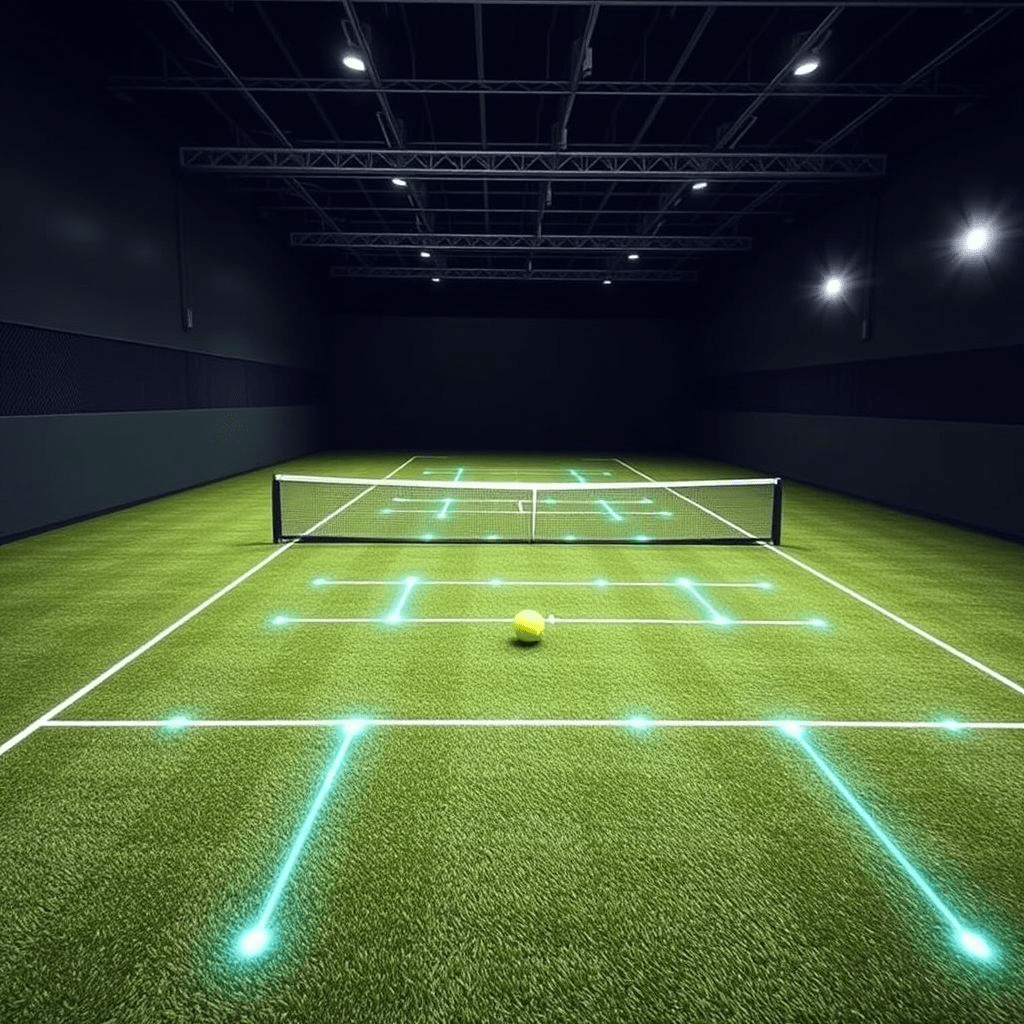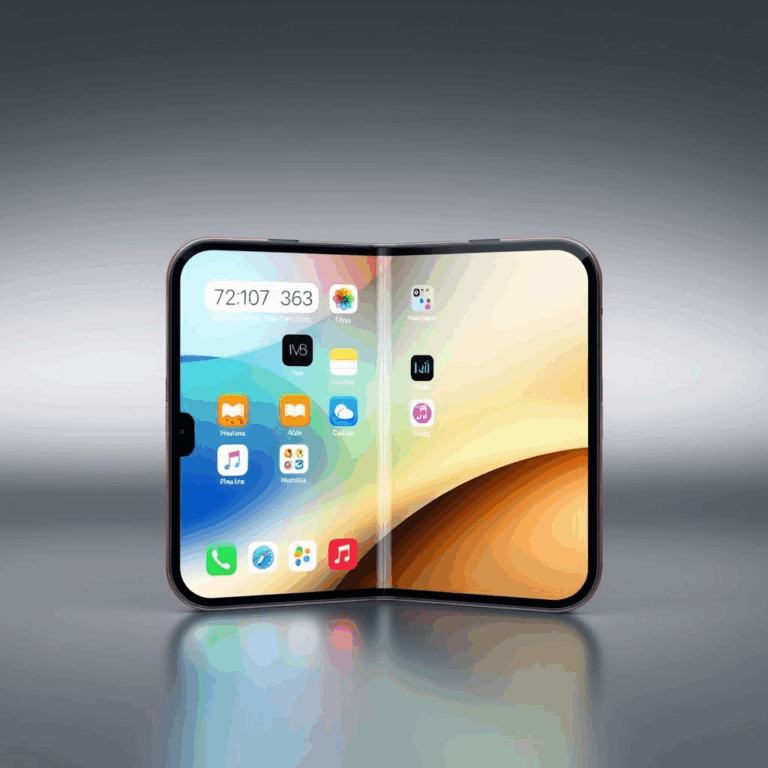Introduction
In a groundbreaking move ahead of Wimbledon 2025, the All England Club announced it will drop human line judges in favour of Electronic Line Calling (ELC), aligning with the Australian Open and US Open.
Background
For 147 years, Wimbledon relied on line judges to make in-out calls. ELC systems like Hawk-Eye have been tested continually since 2021. The change signals a shift from tradition toward technology-centric officiating.
What Changed
Tournament officials confirmed ELC will oversee all line calls during matches. Human judges will continue in match assistant roles to support players and judges’ coordination.
Rationale
ELC offers up to 40% fewer incorrect calls compared to human judges, improves consistency, and mirrors systems used at other Grand Slams. The technology uses high-speed cameras and real-time analytics.
Community Response
Some former line judges expressed sadness over losing their roles, though many see this as inevitable. Chief Executive Sally Bolton emphasized that accuracy and fairness are top priorities.
Player Reactions
Players generally welcomed the switch. One top-seeded player noted that ELC removes human error and refocuses officiating on human judgement calls.
Impact on Sport
The transition highlights tennis’s embrace of innovation. With ELC, disputes decrease, broadcast accuracy improves, and fan experience is enhanced with visualizations showing ball trajectories and call overlays.
Looking Ahead
Wimbledon 2025 (June 30–July 13) will be the first edition without human line judges. Wimbledon will evaluate the roll-out closely before considering similar updates like automated nets and umpire aids.
Conclusion & Call to Action
The shift to Electronic Line Calling ushers Wimbledon into a new officiating era. Tennis organisations and fans should monitor its rollout—as chair umpiring standards evolve, so too will the future of fair play.







